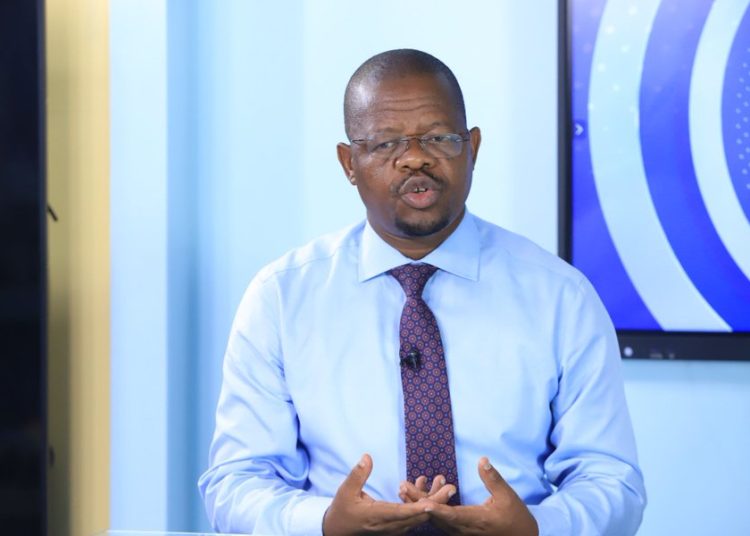FUFA President Moses Magogo has revealed that the world’s football governing body, FIFA is using Uganda as a case study to evaluate the feasibility of double licensing in other countries.
Last season, the Federation of Uganda Football Associations (FUFA) introduced a system of double licensing for players participating in the Uganda Premier League and the FUFA Big League, the second division. This arrangement allows players to hold licenses for two teams, enabling them to feature for both teams within a single campaign.
Magogo expressed his satisfaction with the system’s outcomes, saying the system was well received by both players and clubs.
“Double licensing that was introduced turned out to be a good innovation that benefited players and clubs. As this was introduced it wasn’t well received like the case has been with almost all FUFA programmes,” he said.
“As we speak, Uganda is now a case study for FIFA to see if double licensing can be implemented elsewhere,” he added.
Magogo also addressed the criticism faced by FUFA initiatives, urging for objective evaluation.
“It is very wrong for people to criticise and reject projects and programmes that are introduced by FUFA even before objectively analysing them. Whenever FUFA comes up with such programmes, they are very well thought and well intended. They should be debated in the spirit of wanting to improve,” he said.
According to FUFA regulations, only players who turn 21 or younger during the season in question are eligible for duo-licensing. Clubs can register up to five players with double licenses as Secondary Owners.
Additionally, the rules specify that double-licensed players, except under special circumstances, are prohibited from playing in the same league or in a match involving both teams.
One notable beneficiary of the double licensing system is Bruno Bunyaga, who played for URA in the top flight and second division side Kiyinda Boys.





























